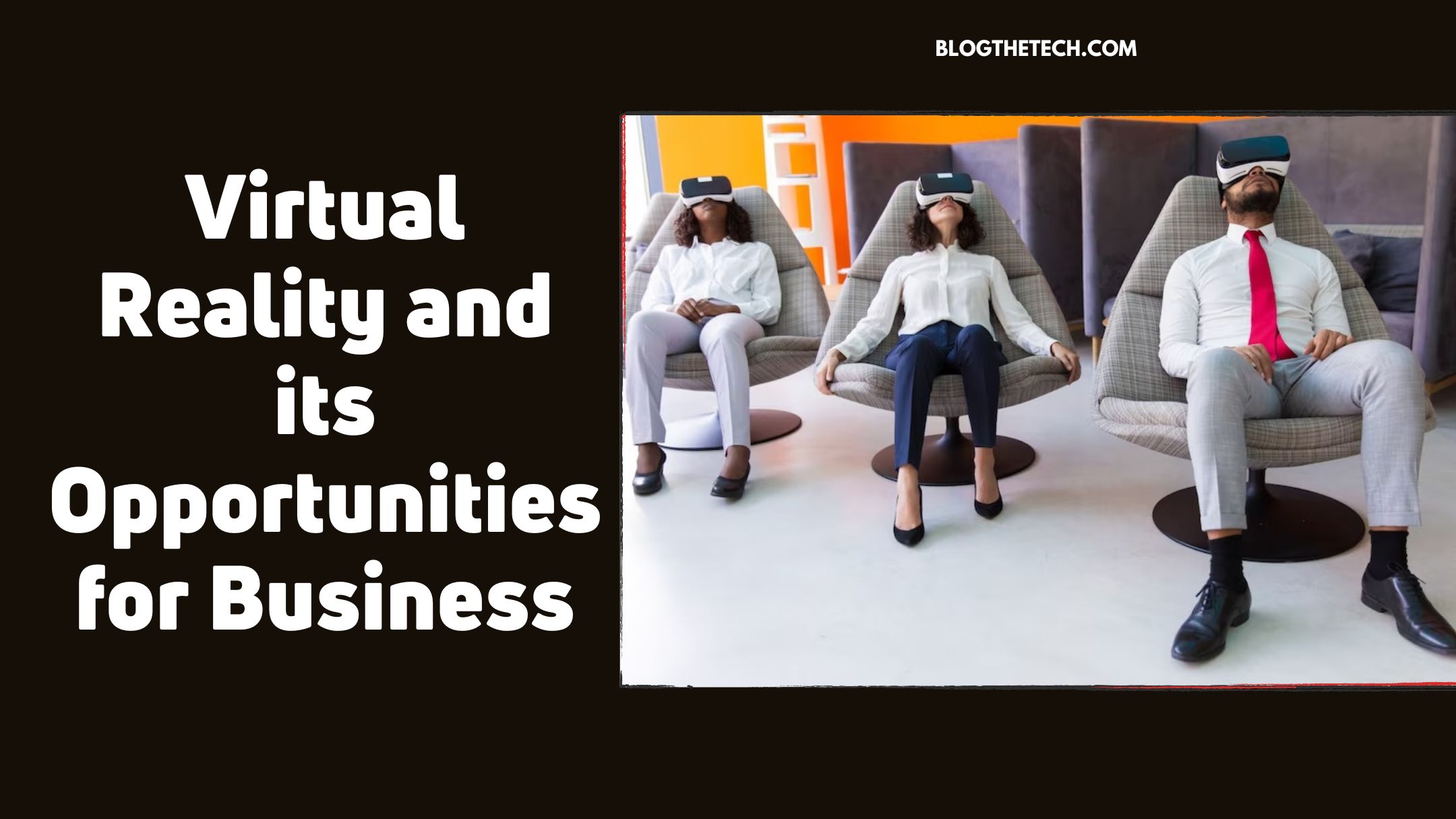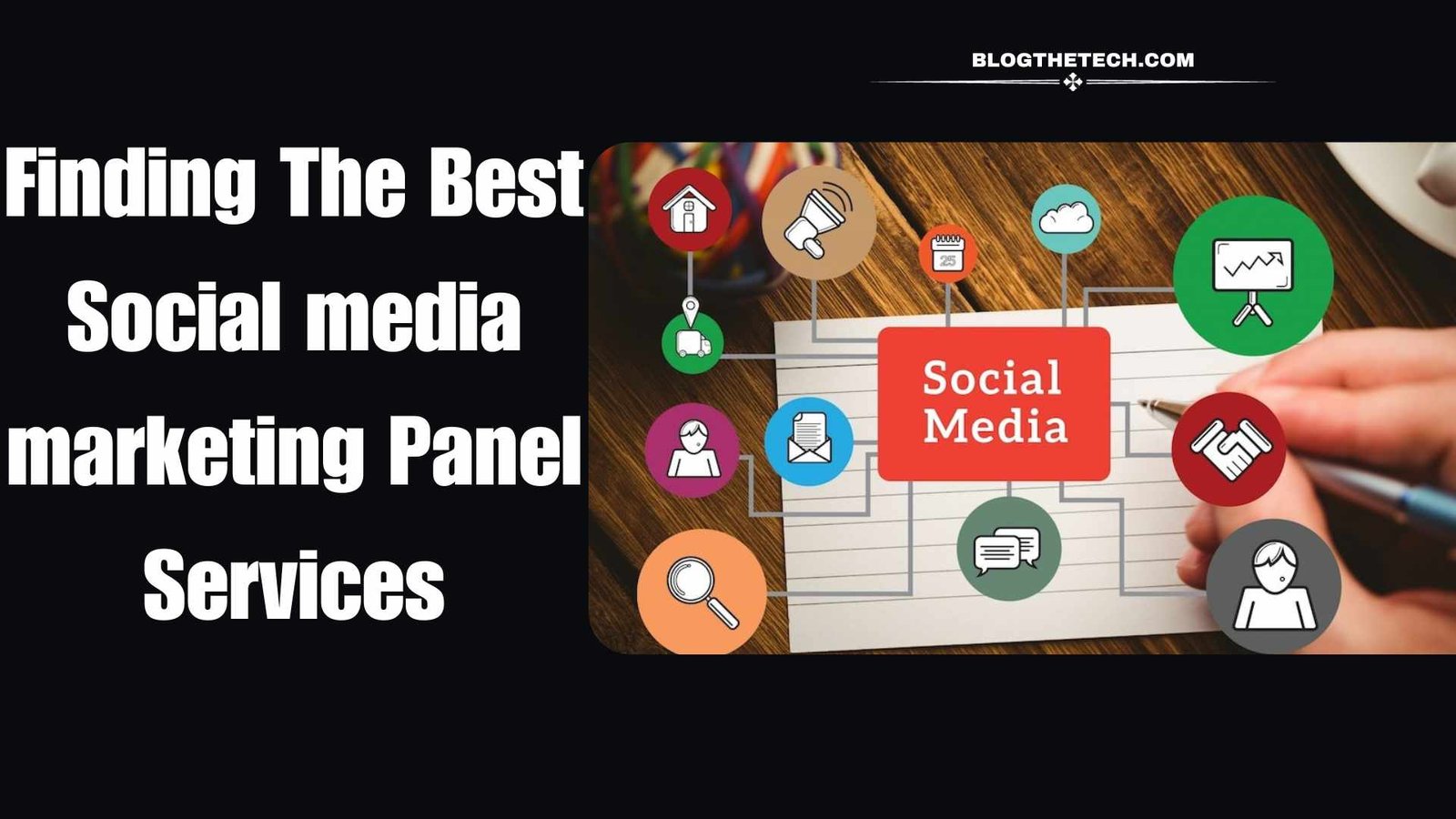
Today, technology has not only advanced our daily lives but has also permeated the business realm in multiple dimensions. With the rise of the BetWinner app, one can easily see how technological advancements are shaping our everyday experiences. Yet, moving beyond online gambling, another technology that has dramatically made its mark is Virtual Reality (VR). It has grown exponentially in popularity and has presented businesses with numerous opportunities.
The Dawn of Virtual Reality
Before we delve deep into how VR benefits businesses, let’s grasp a basic understanding of what Virtual Reality is:
- Definition: Virtual Reality is a simulated experience that can be similar to or completely different from the real world.
- Usage: It primarily uses computer technology to create a simulated, three-dimensional world that a user can manipulate and explore.
- Tools: VR is experienced using a VR headset, sensors, and sometimes handheld wearables, allowing users to look around, move about, or interact with virtual features or items.

Applications of Virtual Reality in Business
Businesses across the globe have started recognizing the potential of VR, leveraging its power in various sectors:
- Training & Education: Instead of traditional methods, companies are employing VR to simulate real-world scenarios for training purposes, providing a risk-free environment.
- Real Estate: Virtual property tours are a boon, saving time for both agents and clients, and giving a comprehensive view of properties without physical visits.
- Retail: Brands offer a unique shopping experience, allowing customers to try products or visualize their purchases in a virtual space.
- Healthcare: Medical professionals employ VR for surgeries, patient care, rehabilitation, or even medical training.
- Entertainment: Beyond gaming, VR creates immersive experiences for films, theaters, museums, and theme parks.
Advantages of VR for Business
There are several benefits businesses can reap from incorporating VR:
- Increased Engagement: VR experiences are immersive, making it easier to capture attention and provide compelling interactive sessions.
- Cost-effective Training: Traditional training can be expensive and less efficient. VR offers a realistic, risk-free environment for learners.
- Innovative Marketing: It provides brands with a unique platform to showcase products, make announcements, or even offer virtual test drives.
- Improved Customer Experience: VR adds a new dimension to customer service, providing in-depth product previews or virtual assistance.

Potential Challenges and Considerations
As with any technology, VR isn’t devoid of challenges:
- Cost of Implementation: Initial VR setup can be expensive.
- Adaptability: There might be resistance from employees or stakeholders unused to or skeptical about the technology.
- Health Concerns: Prolonged VR usage can sometimes lead to motion sickness or other health issues.
Making the Right Choice
While Virtual Reality offers a multitude of advantages, it’s essential for businesses to assess their needs and potential returns before diving in. To help you with that, here’s a guide:
- Research: Dive deep into understanding how VR can be integrated into your specific business model.
- Pilot Testing: Instead of full-fledged implementation, begin with pilot tests to gauge results.
- Feedback Collection: Understand user feedback to iterate and make necessary changes.
- Continuous Monitoring: Post-implementation, continually monitor and modify based on the changing business environment or advancements in VR tech.
Conclusion
Virtual Reality is no longer a technology of the future; it’s here, reshaping businesses, offering them innovative ways to interact, train, market, and more. With its myriad of benefits, it’s no surprise that it’s fast becoming a game-changer across various industries. As with any business decision, it requires careful deliberation, but the potential rewards are vast. For further understanding of VR’s advancements and implications, you can dive into Wikipedia’s detailed page on Virtual Reality.
Remember, as technology continues to evolve, so do the opportunities it presents. Virtual Reality is just one of the many tools in the vast technological toolkit available to businesses today. The key lies in understanding its potential and harnessing it effectively.
FAQ on Virtual Reality and its Opportunities for Business
Q: How different is Virtual Reality from Augmented Reality (AR)?
A: While VR offers a fully immersive digital experience, AR overlays digital content on the real world through devices like smartphones or AR glasses.
Q: Is VR only beneficial for large enterprises?
A: No, VR can be utilized by businesses of all sizes, depending on their needs and resources.
Q: Are there any limitations to the kind of business sectors that can use VR?
A: While some sectors might have direct applications (like real estate or entertainment), with creativity, almost any industry can find uses for VR.
Q: How often is VR technology updated?
A: Like any tech, VR sees frequent advancements. It’s crucial for businesses to stay updated to maximize their potential.




